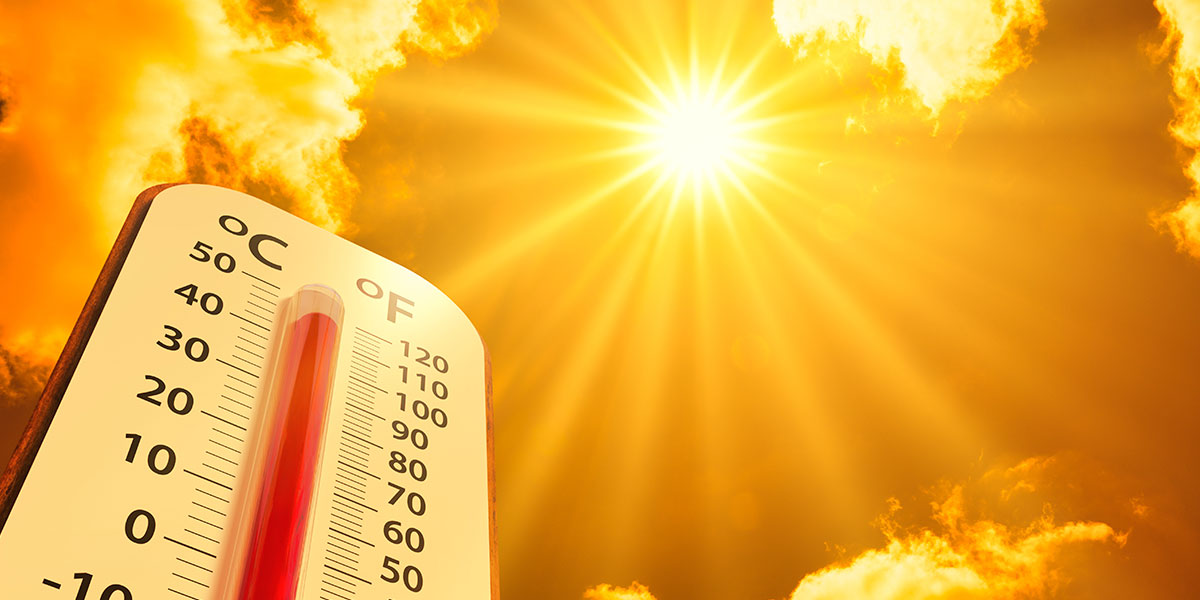Practicing martial arts in extreme heat can be dangerous and potentially harmful to your health if proper precautions are not taken. Here are some of the dangers associated with practicing martial arts in hot conditions:
Dehydration: High temperatures can cause excessive sweating, leading to dehydration. Dehydration can result in dizziness, weakness, and impaired cognitive function, which can be especially dangerous during intense physical activity like martial arts training.
Heat Exhaustion: Extended exposure to extreme heat without sufficient hydration can lead to heat exhaustion. Symptoms include heavy sweating, weakness, nausea, headache, and confusion. If not treated promptly, heat exhaustion can progress to heatstroke.
Heatstroke: Heatstroke is a life-threatening condition that occurs when the body’s core temperature rises to a dangerous level. Symptoms include high body temperature, rapid pulse, confusion, and even loss of consciousness. Heatstroke requires immediate medical attention and can be fatal if not treated promptly.
Muscle Cramps: Hot weather can increase the likelihood of muscle cramps due to dehydration and electrolyte imbalances. Martial arts training requires strenuous movements, making practitioners more susceptible to cramping.
Reduced Performance: High temperatures can significantly affect physical performance, leading to decreased stamina, strength, and agility. This reduced performance may increase the risk of injuries during training or competition.
Breathing Difficulties: In extreme heat, the air quality may be poor, making it challenging to breathe, especially during intense physical exertion. This can be particularly problematic for individuals with respiratory conditions.
To minimize the dangers of practicing martial arts in extreme heat, consider the following precautions:
Stay Hydrated: Drink plenty of water before, during, and after training. Avoid alcohol and caffeinated beverages, as they can contribute to dehydration.
Train During Cooler Hours: If possible, schedule training sessions during the early morning or late evening when temperatures are lower.
Take Frequent Breaks: Incorporate rest breaks and find shade during training to allow your body to cool down.
Modify Intensity: Adjust the intensity and duration of your training to account for the heat.
Train Indoors: If extreme heat is forecasted, consider moving your training session indoors with air conditioning.
Remember that your health and safety should always be a priority. If you start to feel unwell or experience any of the symptoms mentioned above, stop training immediately and seek medical attention if necessary.
Thankfully Ace Kendo Academy is fully airconditioned, but precautions will still be taken for the students’ safety.
